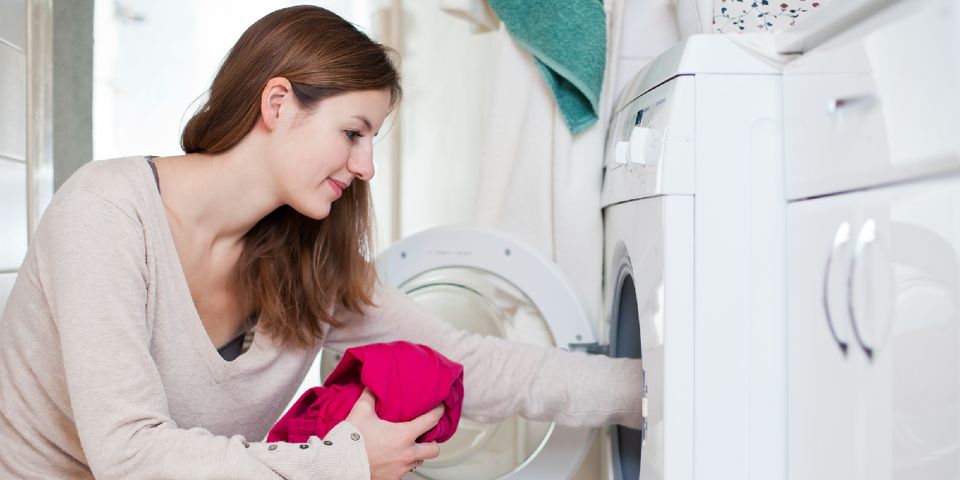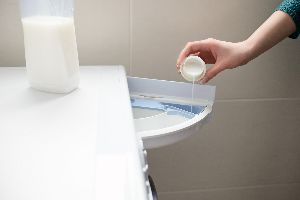How Fabric Softeners Can Impact Your Septic System

Septic systems are designed to be strong and resilient, but what you send down the drains can have a negative impact. Even using liquid fabric softener in the washing machine could have an adverse effect on the system, potentially affecting its functionality. While septic cleaning is a core part of maintenance, you should also consider avoiding these liquids in your laundry and switch to a softening alternative. Here’s what you should know.
How Are Fabric Softeners Harmful?
Most conventional fabric softeners are composed of chemical agents. Many of these additives can interact with the beneficial bacteria in the septic tank that, under normal circumstances, break down the solid matter and convert it to liquid waste. Among the most harmful ingredients are quats, which are disinfectants that can kill off your system's friendly bacteria and disrupt this vital process.
As a result, too much solid waste can accumulate in the tank. This prevents other household wastewater from flowing inside, affecting the tank’s ability to both treat waste and disperse new waste to the drain field. The more solid matter collects, the greater the chances that the tank will clog and waste will back up into the home’s fixtures.

Additionally, these products contain a good deal of nitrogen. While the septic system generally removes the majority of this element before dispersing clean water back into the ecosystem, the remnants can harm groundwater.
What Is a Safe Alternative to Use?
Fortunately, there are several safe alternatives to fabric softener you can use as part of your everyday routine. Instead of traditional products, add half a cup of white vinegar to the washer’s last rinse cycle. It neutralizes odors and softens fabrics, leaving your laundry in fresh condition.
Though dryer sheets don't normally end up in the septic tank, quats and nitrogen traces on clothing can wash down the drain during subsequent wash cycles. In the dryer, you can substitute your usual dryer sheets for wool or aluminum dryer balls. They’re designed to prevent static while protecting the integrity of your laundry.
You can also add a few drops of essential oil to the balls if you want to incorporate a touch of your favorite fragrance. Adhering to these basic steps and scheduling regular septic cleaning can help keep your system in the best possible shape.
If you need to schedule septic cleaning or are concerned that fabric softener use has impacted the system, turn to the team at Buck’s Plumbing & Sewer Service. Located in Cookeville, TN, and proudly serving clients throughout Putnam County and the surrounding areas since 1960, they offer a range of services, including septic system installation and drain cleaning. Visit the website for more information or call (931) 528-1157 to schedule an appointment.
About the Business
Have a question? Ask the experts!
Send your question

